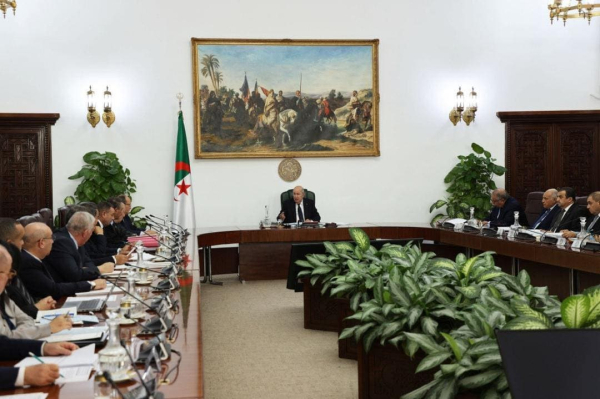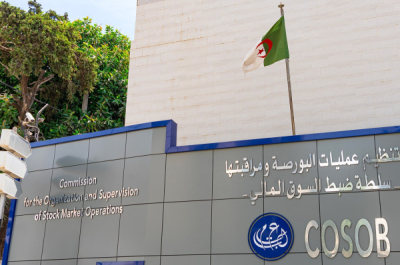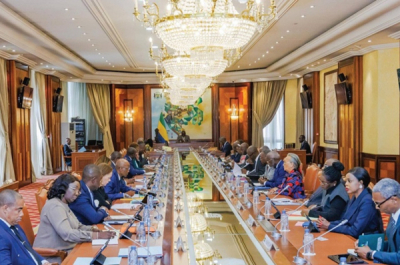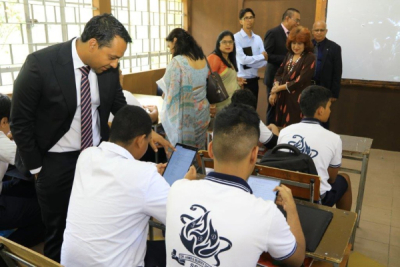- Algeria approves draft law on digital trust, e-signatures, and ID services
- Law gives electronic documents full legal status, updates 2015 regulations
- Reform supports rising internet use, aims to boost digital economy and trust
The Algerian government approved a draft law on Sunday, November 2, that defines the general rules governing trust services for electronic transactions and digital identification. The initiative aims to support the growing digitalization of administrative, economic, and financial services while enhancing the security of online exchanges.
The text, reviewed by the Council of Ministers, establishes a comprehensive framework for digital trust. It updates the 2015 legislation on electronic signatures and certification, which officials deemed obsolete due to technological advancements. The new law grants legal value to electronic documents, including electronic signatures, seals, and timestamps, equivalent to their physical counterparts.
This reform comes amid rapid digital expansion. At the beginning of 2025, Algeria counted approximately 36.2 million internet users, representing a penetration rate of nearly 77%. The government states this dynamic necessitates a more robust legal environment to guarantee transaction reliability and personal data protection.
The project also introduces a national digital identification framework based on the existing biometric identity card. This system will centralize and secure citizen identities for online procedures, simplifying access to public services and ensuring legal recognition of digital transactions. It is considered a pillar of the national digitalization strategy, which aims to modernize the administration, enhance transparency, and combat corruption.
Beyond updating the legal framework, the law is expected to drive new momentum by reinforcing the confidence of citizens and businesses, simplifying administrative procedures, and stimulating investment in the digital economy. It should also enable Algeria to better leverage its significant digital potential, which includes over 55 million mobile connections, nearly 116% of the population, and rapidly growing digital equipment penetration.
Samira Njoya



















